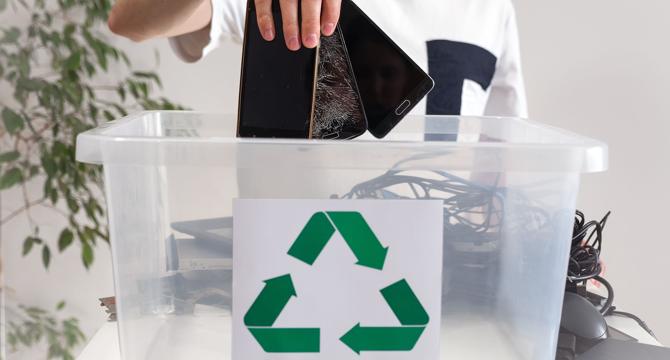Yourstory
4w
106

Image Credit: Yourstory
Refurbished phones and the circular economy: closing the loop in tech consumption
- Refurbished phones are emerging as a pivotal solution to address manufacturing waste and e-waste and close the loop in tech consumption.
- The circular economy is an economic model designed to minimize waste and promote the continual use of resources.
- Refurbished phones, also known as pre-owned or recycled phones, undergo a rigorous process of testing, repair, and upgrades before being offered for resale.
- By opting for refurbished devices, consumers are helping reduce the demand for raw materials like gold, copper, and cobalt.
- Traditionally, tech consumption followed a predictable cycle leading to a massive buildup of electronic waste (e-waste) containing hazardous materials like lead, mercury, and cadmium.
- Manufacturers are increasingly embracing refurbishment and trade-in programs to promote device reuse.
- Despite the many benefits, the refurbished phone market faces several challenges, including consumer confidence and product design.
- To overcome these challenges, companies can offer warranties, certifications, and transparent information about their refurbishment processes.
- Additionally, manufacturers need to prioritize modularity and repairability in their designs, ensuring that components can be easily replaced or recycled.
- By incorporating these principles, manufacturers can create devices that are more compatible with the circular economy and reduce barriers to refurbishment.
Read Full Article
6 Likes
For uninterrupted reading, download the app